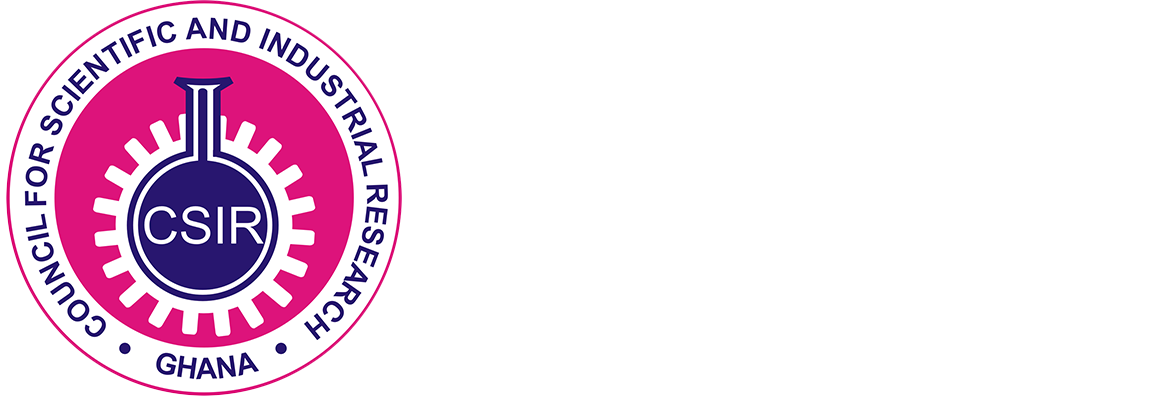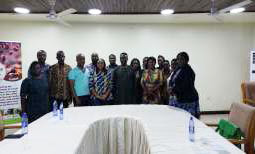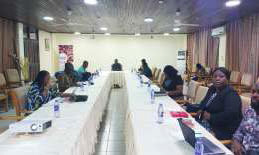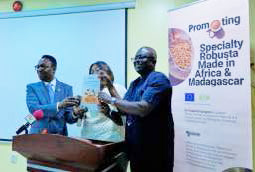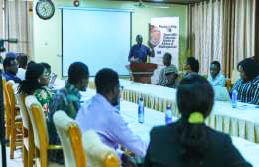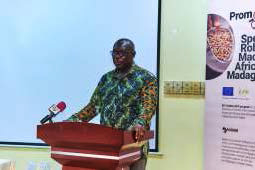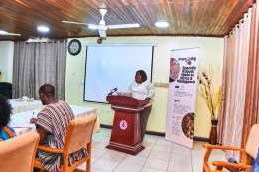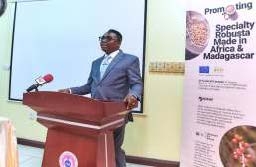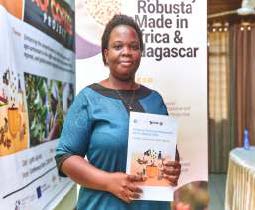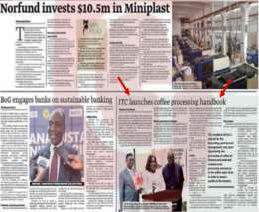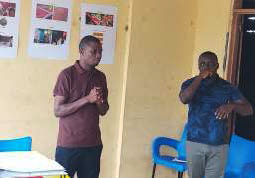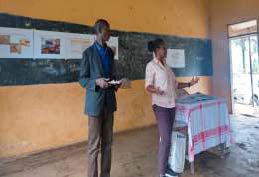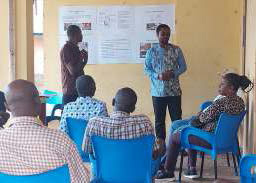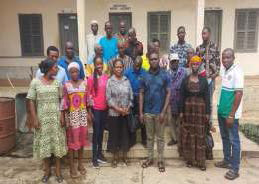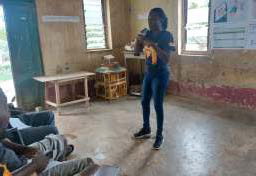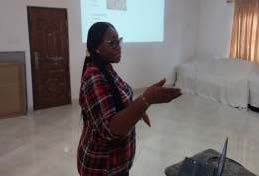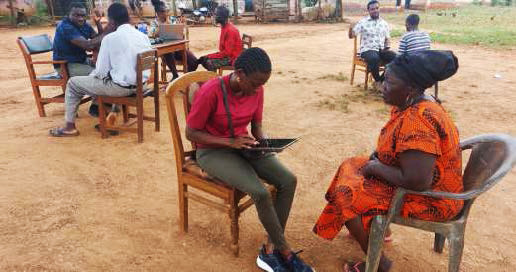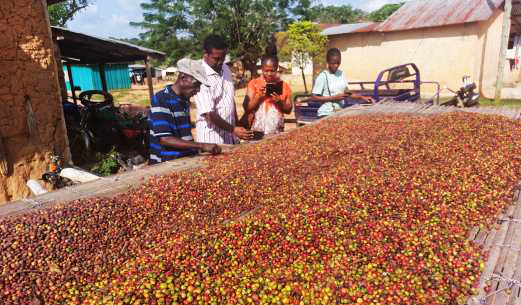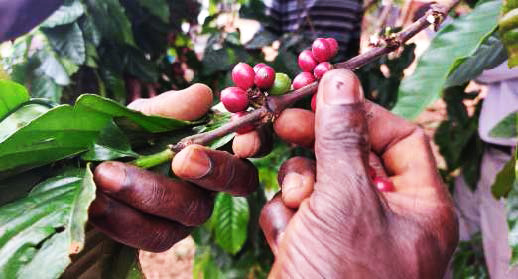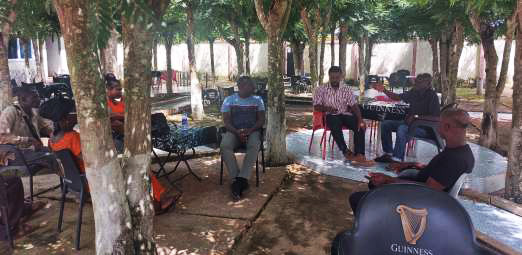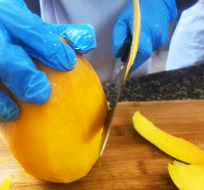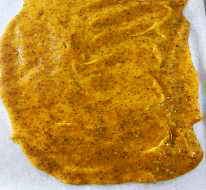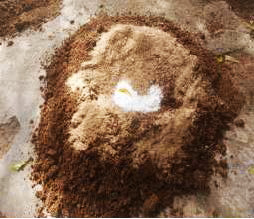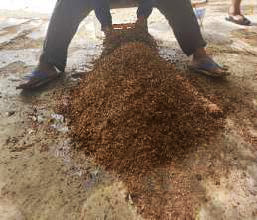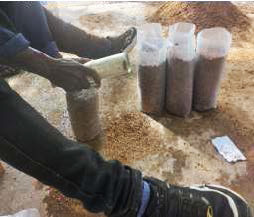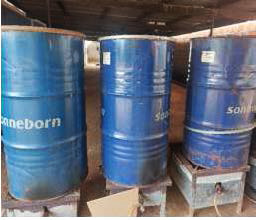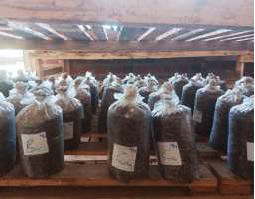
ACP COFFEE
ProjectResearch Program
Fruits & Vegetables
Duration
12 Months
Funding Source
The International Trade Center (ITC)
Collaborating Institutions
ITC, Coffee Value Chain Actors in Ghana
Project Acronym
ACP COFFEE
ACP COFFEE
The International Trade Centre invited the CSIR-Food Research Institute to participate in an enterprise assessment of the coffee value chain actors in the Volta, Ashanti, Eastern, and Greater Accra regions as part of the European Union's "Support to Business-Friendly and Inclusive National and Regional Policies and Strengthening Productive Capabilities and Value Chains" (ACP Coffee Project) Project.
Introduction
The International Trade Centre invited the CSIR-Food Research Institute to participate in an enterprise assessment of the coffee value chain actors in the Volta, Ashanti, Eastern, and Greater Accra regions as part of the European Union's "Support to Business-Friendly and Inclusive National and Regional Policies and Strengthening Productive Capabilities and Value Chains" (ACP Coffee Project) Project. This was done to obtain first-hand information on the coffee value chain in Ghana. This assessment identified several challenges, including poor harvesting techniques, the use of inappropriate equipment, poor manufacturing practices, a low-hygienic processing environment, poor storage facilities, few innovations (in terms of value addition), and so on. Based on the findings of the enterprise assessment, a coffee handbook was drafted to aid in capacity building for coffee value-chain actors to address the challenges identified and improve both the quantity and quality of coffee produced in the country. The ITC and CSIR-FRI then signed a Memorandum of Understanding (MoU) to build the capacity of coffee MSMEs and agro-processors to increase productivity and incomes through good post-harvest management and value addition practices, participation in formal markets, and improve the value chain competitiveness of Ghana's coffee sector through the implementation of the Alliances for Action (A4A) approach.
Under the signed MoU, CSIR-FRI was tasked with three (3) main activities: Validation of the drafted ITC coffee handbook; capacity building for coffee smallholder farmers and agro-processors in Ghana (in the areas of food safety, product quality and processing technology, value addition, labelling and packaging, good manufacturing practises, branding and marketing, and other priority selected topics by agro-processors for selected products); and finally, coffee value-added product development. The purpose of this report is to provide information on activities that have been completed and their respective outcomes.
Key Activities and Achievements:
Validation Workshop with Stakeholders and Coffee Value Chain Actors
The ITC and CSIR-FRI organized a one-day workshop with key partners and stakeholders in the coffee value chain to validate and operationalize the drafted coffee handbook resulting from the enterprise assessment. The validation workshop took place in the Director's Conference Room of CSIR-FRI, Accra. The workshop attracted 66 participants, including coffee farmers, hullers, roasters, agro-processors, consultants, officials from the Ministry of Food and Agriculture (MoFA), International Trade Centre (ITC), Ghana Cocoa Board (COCOBOD), Food and Drugs Authority (FDA), Ghana Standards Authority (GSA), Ghana Export Promotion Authority, Robusta Coffee Agency of Africa and Madagascar (ACRAM) Focal Person, and some scientists from the Cocoa Research Institute of Ghana (CRIG) and CSIR-FRI. The participants comprised 62% males and 38%
females.
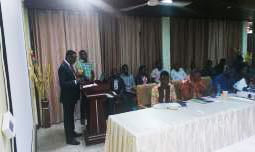
Prof. Charles Tortoe delivering the welcome address
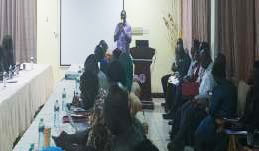
Mr. Lawrence Attipoe delivering a statement on behalf of the ITC
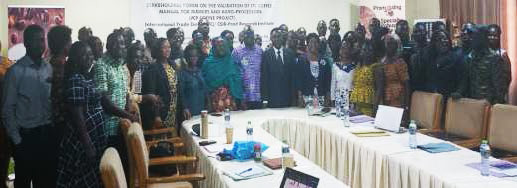
Group photograph of stakeholders
The validation of the coffee manual was preceded by a presentation on the harvesting, postharvest management, and processing of coffee by Dr. John Edem Kongor and Mr. Richard Nyumuah. The presentation gave a snippet of the developed coffee manual to be validated. To facilitate a smooth discussion by all stakeholders during the validation exercise, the participants were grouped into two (2). Group 1 focused on Chapter 1 of the manual, while Group 2 focused on Chapters 2–4. The groups comprised the following stakeholders:
Group 1 | Group 2 |
|---|---|
Coffee Farmers | Coffee Processors |
Coffee hullers | Coffee consultant |
Coffee roasters | Ghana Barista Association |
Coffee consultant | Ghana Export Promotion Authority |
Ghana Cocoa Board | Ghana Cocoa Board |
Ghana Standards Authority | Ghana Standards Authority |
Food and Drugs Authority | Food and Drugs Authority |
Cocoa Research Institute of Ghana | Cocoa Research Institute of Ghana |
CSIR-Food Research Institute | CSIR-Food Research Institute |
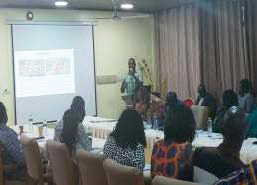
A presentation on the developed ITC coffee handbook by Dr. John Edem Kongor
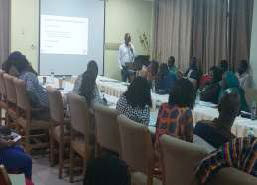
Mr. Richard Nyumuah, an ITC consultant gaving a presentation on the developed coffee manual
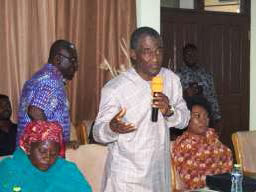
Dr Samuel Lowor, Deputy Chief Executive, CRIG contributing to the workshop
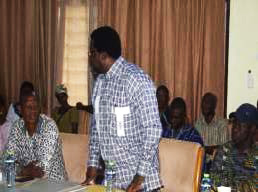
Samuel Adimado, Manager, Golden Coffee, Accra
contributing to the workshop
Project Team

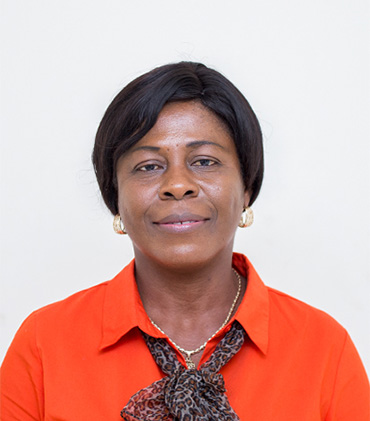
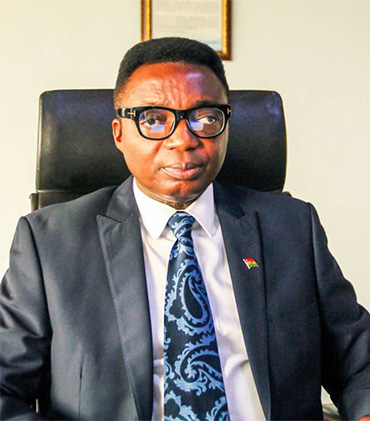

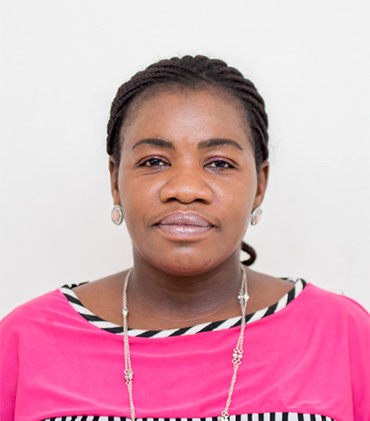
More Projects
Let's Talk!
Want to Do Business With Us? Connect with us and let's set the ball rolling. Our experienced professionals are eager to help your business thrive.
